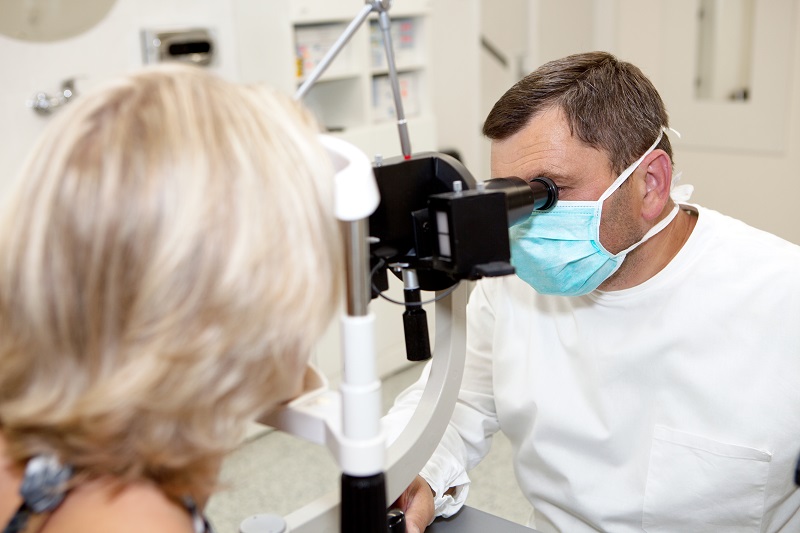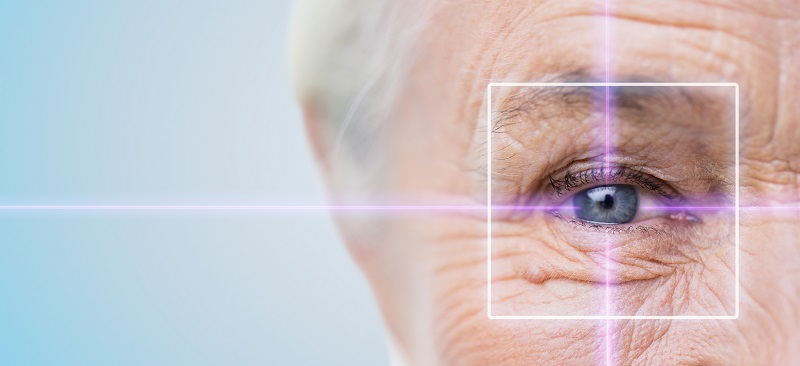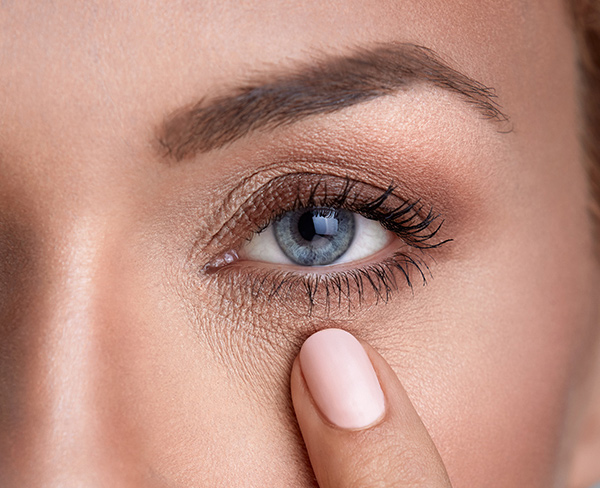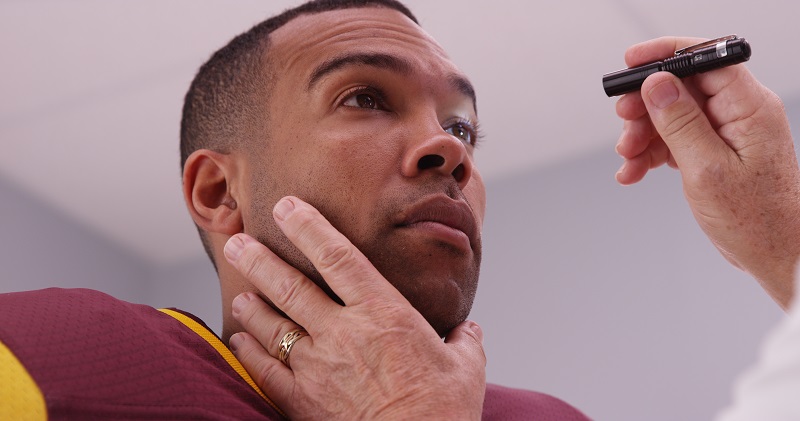
At age 40. it is important to schedule a comprehensive eye exam with an ophthalmologist even if you never have had issues with your vision. As we age, risk factors increase exponentially. Unfortunately, there are common eye diseases such as glaucoma, that do not have symptoms early on, and if left untreated can lead to blindness.
If you have no known risk factors, the American Academy of Ophthalmology recommendation is to visit an ophthalmologist every two to four years if you are between 40 and 54, and more frequently after age 55. Please contact Michigan’s Leading Eye Care Physicians, Grosinger, Spigelman and Grey located in Bloomfield Hills, Michigan for a comprehensive eye exam.









